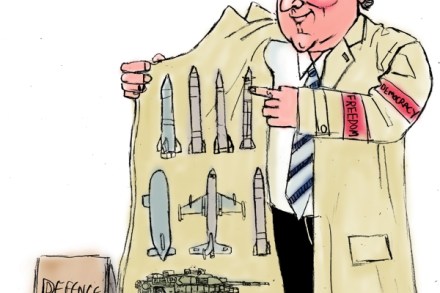The charge that the coalition should fear
The greatest political, as opposed to strategic, threat to the coalition from the Libya evacuation crisis was that it would give the government a reputation for incompetence. As I say in the Mail on Sunday, Labour are looking to pin the incompetence charge to the coalition at every possible opportunity. The Miliband team knows that if the coalition comes to be seen as incompetent, then it is done for. Once a government comes to be seen as incompetent, then it is almost impossible for it to gain support for any of its proposals as even those who agree with the ideas don’t trust the government to implement them. Equally, any



















